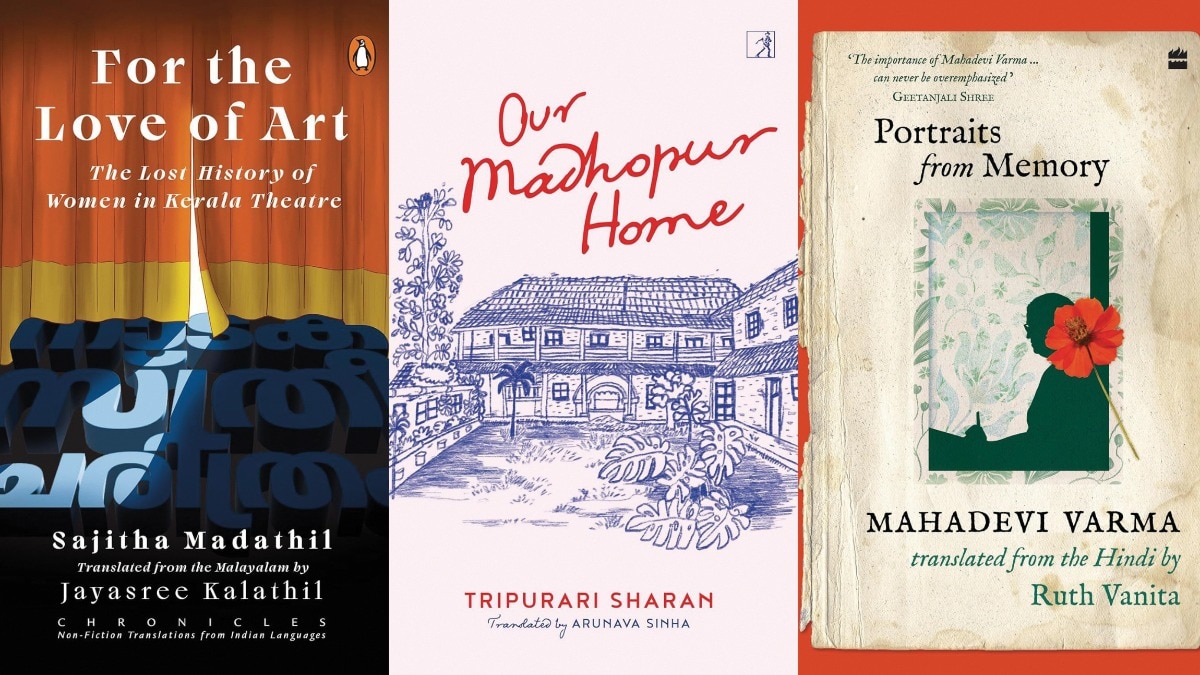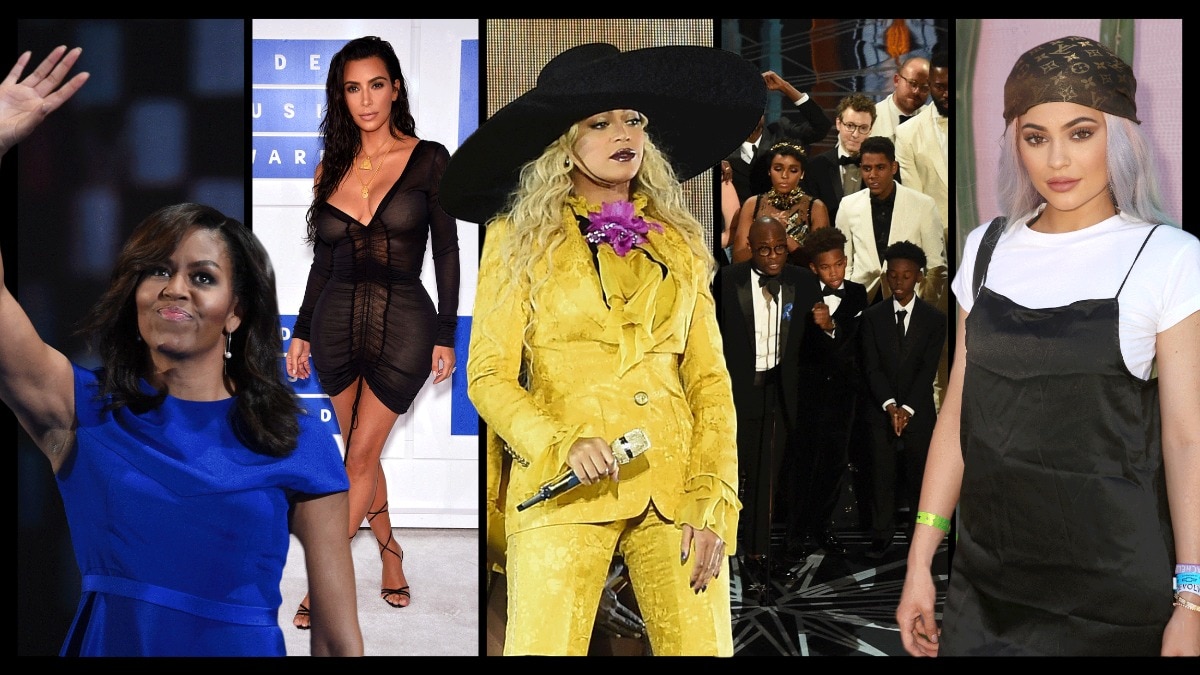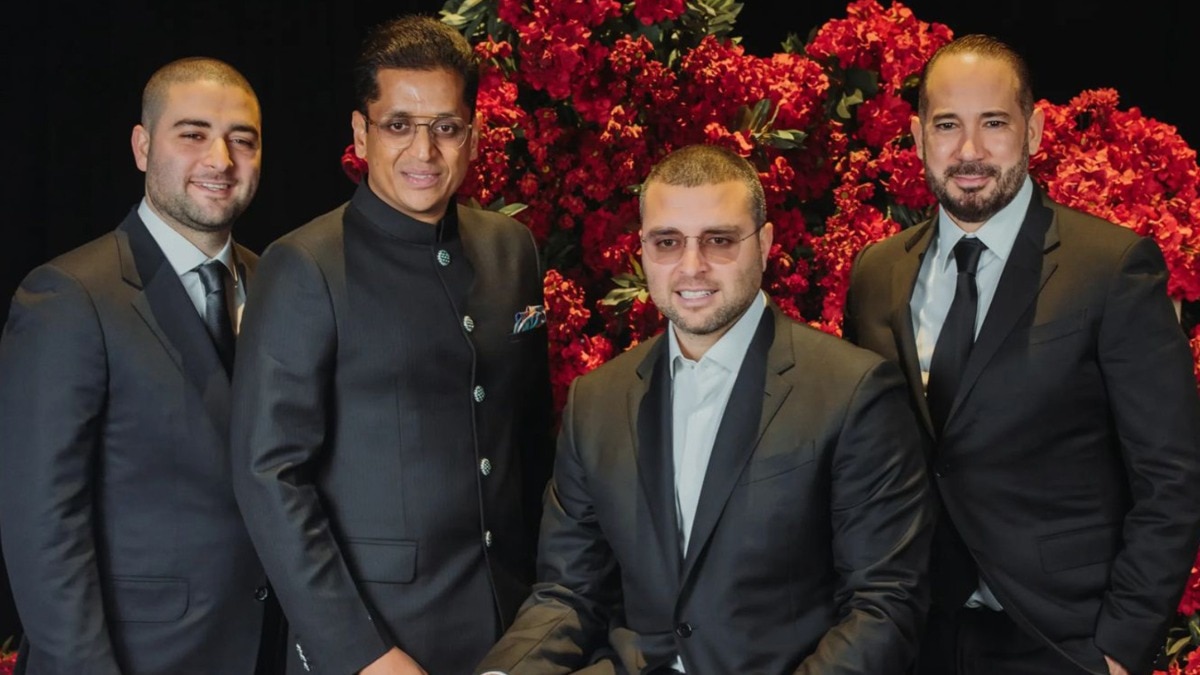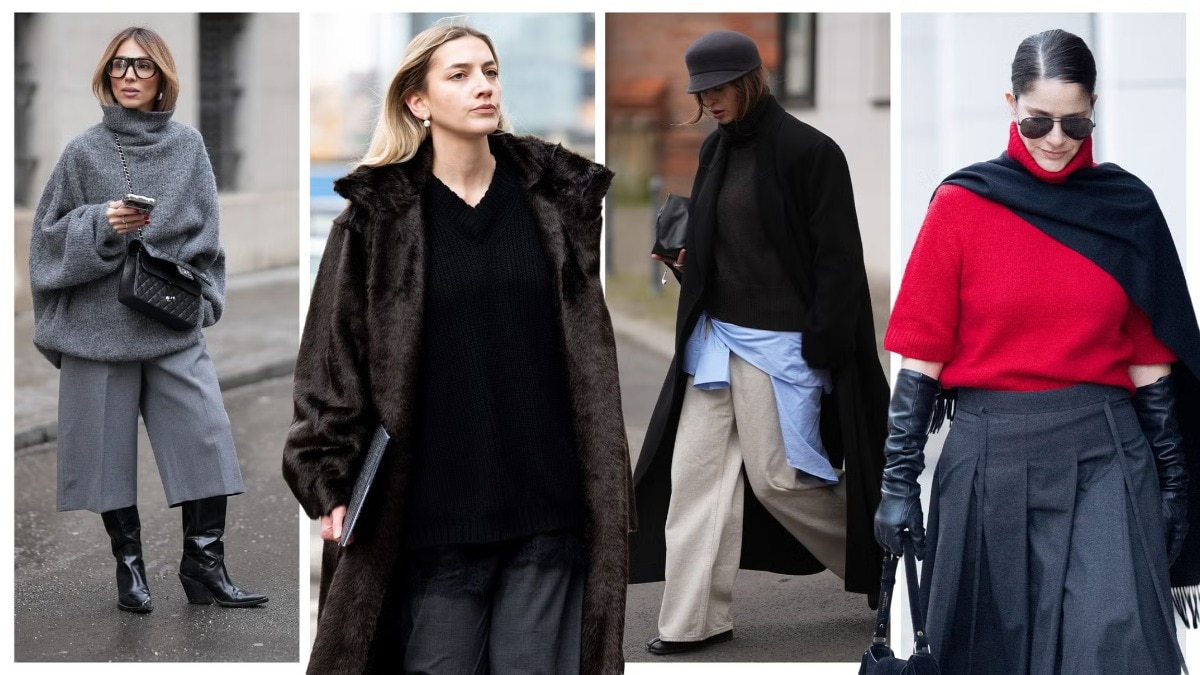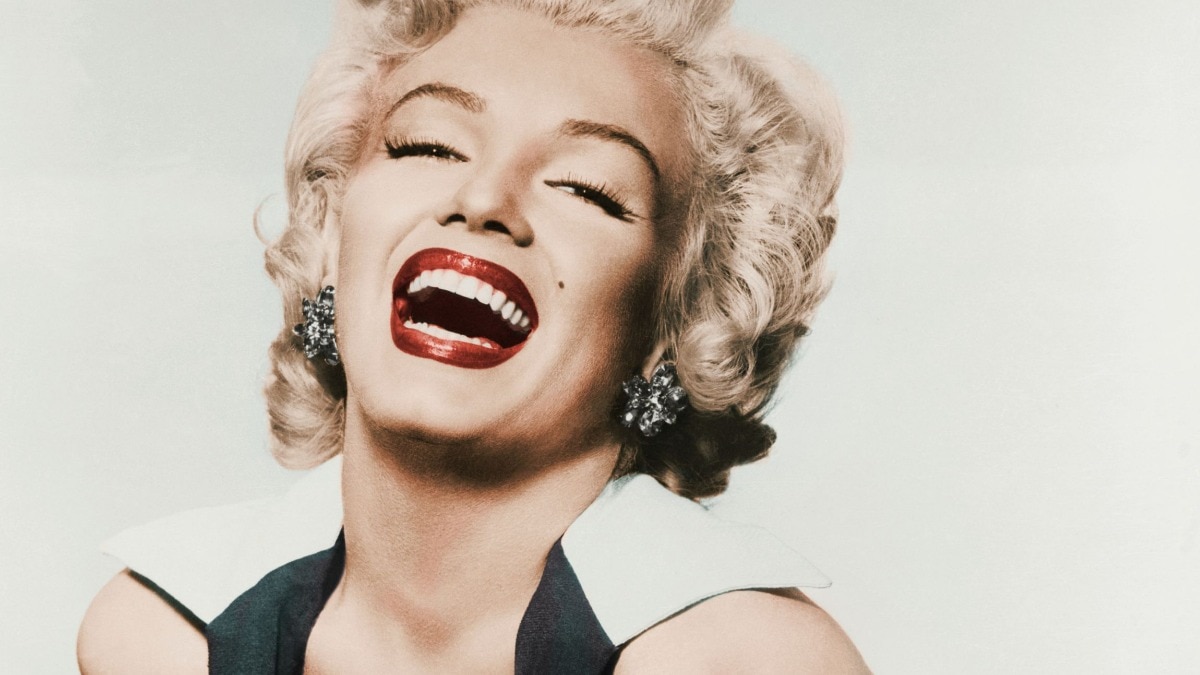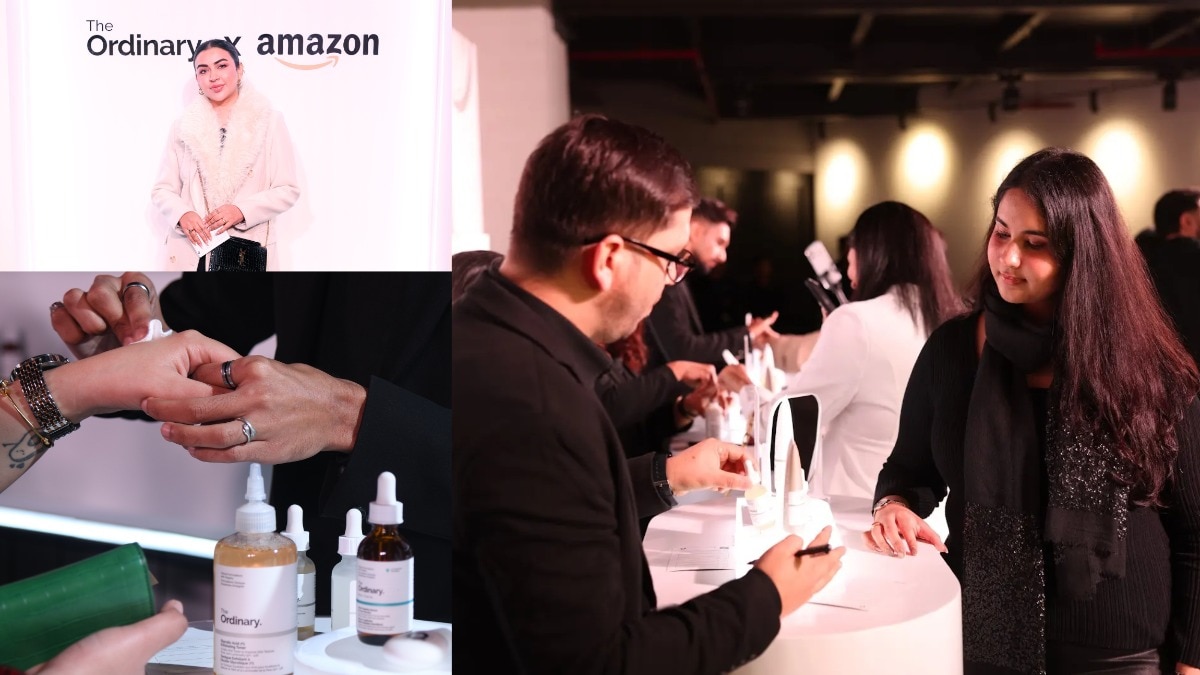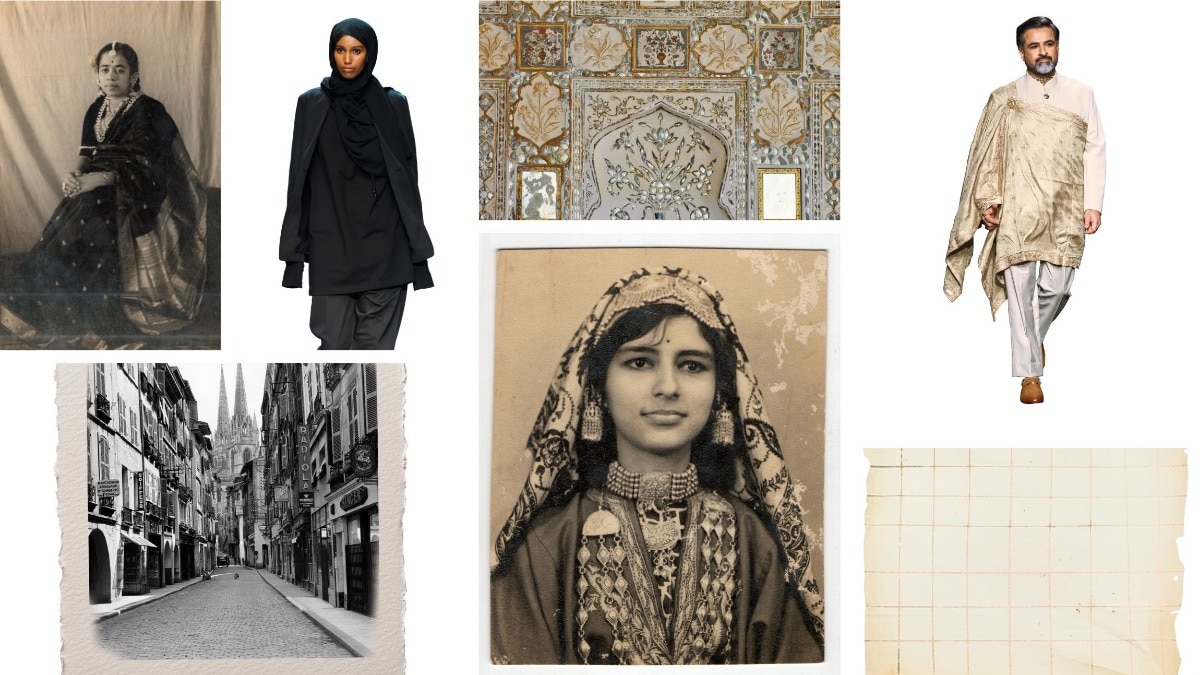Can prioridating, a new dating trend, break the paradox of choice?
Step one, start with nurturing more meaningful relationships.


You know, sometimes, the words someone say, remain with you for way longer than they had imagined them to. Years ago, a close friend said to me (when I was ranting about my relationship) that you can compromise on your “wants” but not your “needs”. The choices I made over the next few years of my life were greatly influenced by that one piece of advice. When analysing the future of a potential connection, I ask myself, ‘Does this fulfil my primary needs?’ and if the answer is no, I know that it will leave me wanting more.
Right now, almost every other person we know is single and ready to mingle, except the task of finding a good match seems so daunting that it makes you rethink relationships. Even when you start looking for matches, and going on dates, you feel like so many different people offer you so many different things. How do you settle, when you want all of it?
As humans, none of us are above our wants and desires—but when you know where your priorities lie, life can cease to be driven by choices (and mistakes) made on the basis of superficial things. For instance, I may want to party tonight but what I need is to be well-rested before I can hit the hustle mode back on. The same applies to our dating life, which is why, experts have been extensively recommending ‘prioridating’—to be able to find fulfilling relationships.
What is ‘prioridating’?
When it comes to looking for a partner, the idea is to approach it with a sense of purpose. Instead of having a myriad of wants clouding your decisions, focus on the most important needs. Mehezabin Dordi, clinical psychologist, rehabilitation and sports medicine department, Sir HN Reliance Foundation Hospital, Mumbai, explains: “Prioridating essentially stands for identifying the most important set of priorities when it comes to finding a partner. It could be the sense of feeling safe—physically, emotionally and/or financially. It might be feeling cared for, having the same idea of fun or adventure or even having similar family values etc. It boils down to understanding the core values or the non-negotiables that become the main primacies when dating.”
Shumaila, a 30-year-old business development executive says, “I have had a couple of failed relationships where my basic needs weren’t being met. Of course, I had started dating them because certain aspects of their personalities did resonate with me. But I was so smitten by having some of my wants met, I overlooked the fact that we weren’t on the same page and they didn’t have the quality that I sought, the quality that made me feel secure.” She took a break from dating and after learning more about herself, she could confidently spot the deal breakers from the start. She prioridated and now, she’s in a relationship that is healthy and on the right track.
Dating and choice fatigue
The thing is, when I am shopping, I don’t buy just clothes that I like. I need to feel happy and excited about an outfit, like it has to belong in my closet. I apply the same logic to everything else in life—or at least I try to. But what happens when we start dating like Bottega Veneta has gone on 90 per cent off? There is an abundance of choice, when it comes to dating apps, and with that you are offered a larger pool of traits to choose from.
I am not saying having choices is a bad thing. But not knowing how to navigate through them can create nothing but hindrance in coming to conclusion. “With the advent of online dating where the norm is to look at virtual swipes on mobile apps, people have become reduced to profiles pages and photos on a screen. It’s almost as though people are partner shopping—much like for products on e-commerce sites. This style often lands up creating a hyper-materialistic, superficial and shallow dating landscape. With using dating apps, we all fall prey to the same problem: the paradox of choice. Too much choice causes the feeling of less happiness and less satisfaction with the constant search for what’s better out there. The paradox of choice creates a real sense of anxiety for people looking to find a long-term partner,” Dordi explains.
Prioridating and the paradox of choice
We’ve established that too much choice and no clear strategy to navigate through it can make decision-making difficult for you. “The paradox of choice essentially means that while we consider variety as a good thing, it also makes our decision-making more challenging. I think the core problem lies with the idea of finding “The One” which is problematic in dating. The expectation that one person can satisfy our emotional, physical, and spiritual needs, is unrealistic,” Dordi points out.
She adds that the paradox of choice makes one constantly curious about what else could be out there and whether that is better than their current potential match. “An overabundance of possible options can actually lead to anxiety, indecision, and dissatisfaction, which in turn increase the likelihood of a person not being able to find someone at all,” Dordi says.
Which is why, if we practise prioridating, that is having an approach based on our essential needs, it can break the paradox of choice. Having said that, prioridating is not about settling for less. In fact, it is the opposite; it is knowing what means the most to you and not letting superficial wants cloud your judgment. You may miss out on the right partner, if you are not looking at the right reasons to date.
“Being in a relationship can have its fair share of ups and downs, as not every single moment with your partner is going to be amazing. When deciding to move forward and date just one person, it should be for the right reasons, and when the core values are discussed and acknowledged one is able to navigate the ups and downs better. They are able to get a deeper understanding of each other. In that sense, prioridating is quite the opposite of settling for less. It rather is having what is most important to us,” Dordi explains.

